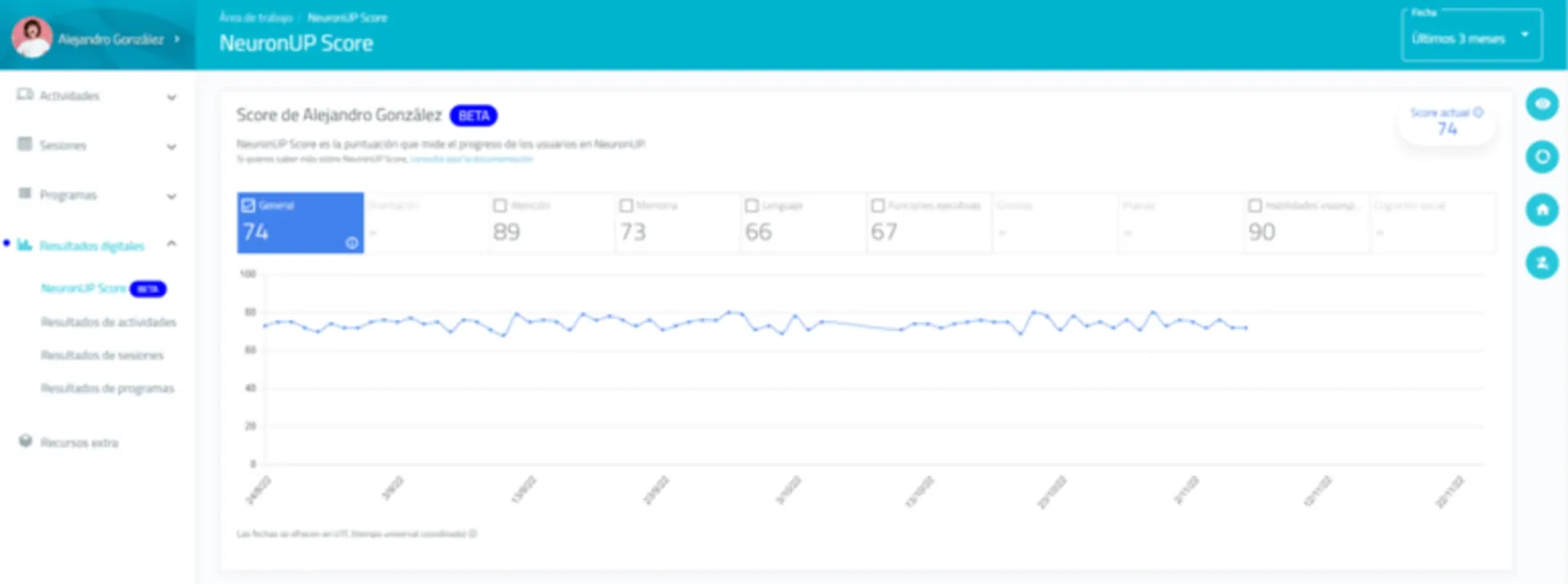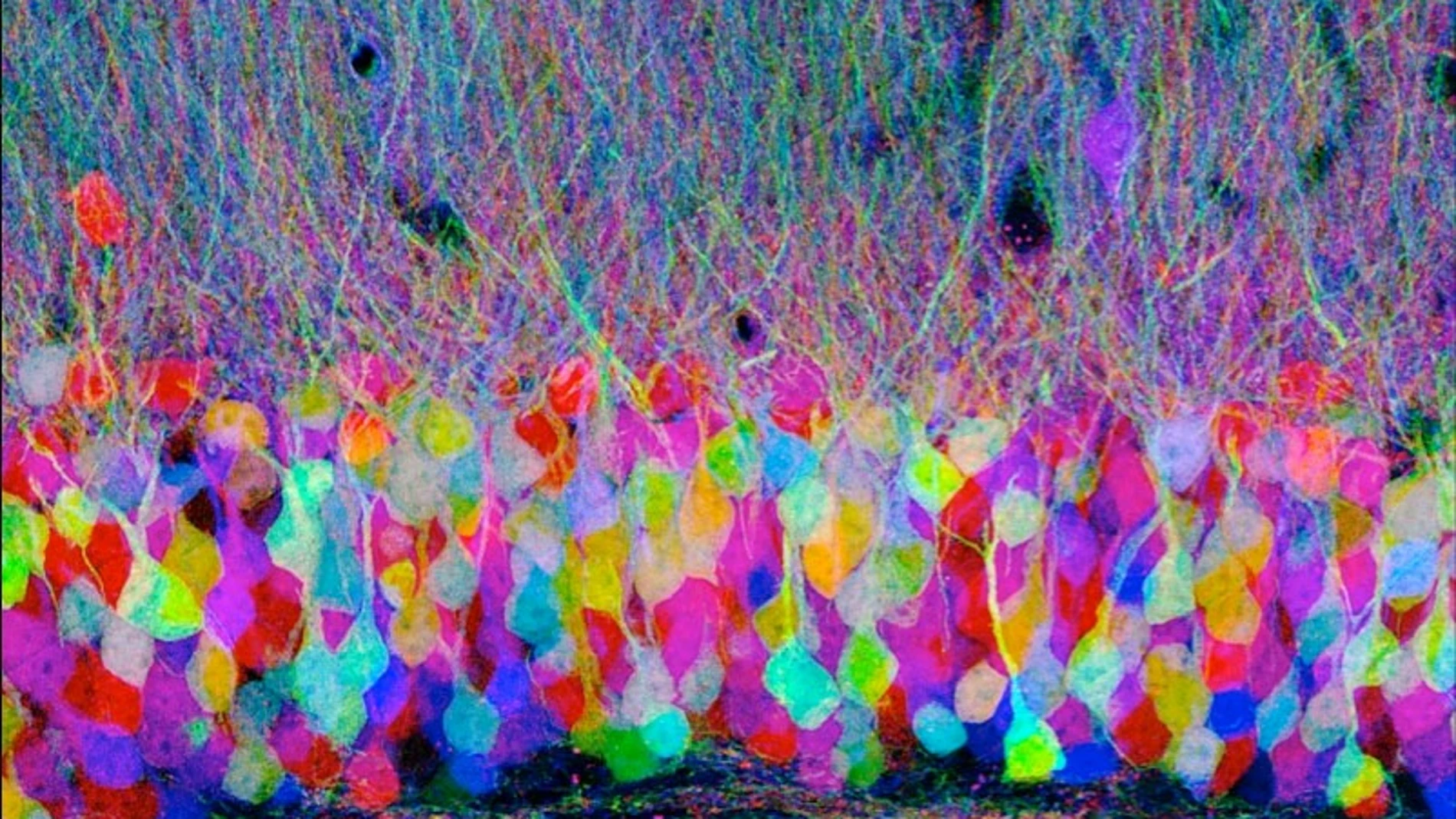Researcher Pablo Cruz explains to us the effects chemotherapy has on the brain through a new concept, Chemobrain.
The side effects chemotherapy causes in the brain
Before delving into the effects chemotherapy produces in the brain, it is useful to provide context across different areas. First, regarding the general trend of increased cancer survival in recent years. Epidemiologists have even detected increases in survival in tumors with poorer prognosis. However, there is a risk of paying a toll when receiving a therapeutic intervention. We are talking about Chemobrain.
What is Chemobrain?
The set of cognitive effects resulting from chemotherapy treatment has been dubbed Chemobrain.
Chemobrain is a condition characterized by cognitive impairment, especially difficulty processing information in people receiving chemotherapy or cancer survivors.
It is important to differentiate between the cognitive impairment produced by certain chemotherapeutic agents that are neurotoxic and cognitive alteration as a consequence of tumors in the central nervous system.
How to detect Chemobrain?
The effects that chemotherapy causes in the brain and in cognitive function are varied, since there are different types of chemotherapy with particular mechanisms of action. This creates a challenge when diagnosing Chemobrain. The difficulty lies in the need for a clinical interpretation at the individual level for each patient.
There is a lack of criteria regarding the tools that provide information to detect Chemobrain, such as blood tests, brain imaging techniques or the appearance of multiple symptoms (fatigue, anxiety, pain, anemia, etc.)
In conclusion, there is a lack of consensus on the definition of the syndrome or phenotype (adverse effects of chemotherapy) of Chemobrain.
Symptoms of Chemobrain
The characteristic symptoms of Chemobrain, according to the MD Anderson Center, are:
- Difficulty concentrating on a specific task,
- problems with short-term memory such as forgetting details of recent events,
- reduced processing speed,
- disorientation with dates and appointments, among others.

How to cope with the effects of chemotherapy?
The goal will be to minimize the adverse effects of chemotherapy treatment and maximize cognitive function through maintaining brain health.
However, it is essential to take comorbidity into account and conditions such as cancer-related fatigue or the sleep disturbance.
Evidence indicates that optimizing cognitive functions is based on:
- Engaging in physical exercise,
- the provision of cognitive-behavioral therapies,
- cognitive stimulation,
- environmental modifications and psychoeducation.
Frequently asked questions about Chemobrain
1. What is chemobrain in chemotherapy?
A condition of cognitive decline associated with chemotherapy, with difficulties processing information, attention and memory, both in people undergoing treatment and in cancer survivors.
2. What are the symptoms of chemobrain?
Difficulty concentrating, problems with recent memory, slowed processing and disorientation with dates and appointments, among other symptoms.
3. How is chemobrain diagnosed?
There is no single criterion. An individual clinical assessment is carried out, neuropsychological testing and exclusion of associated causes such as fatigue, anxiety, pain, anemia or sleep disorders.
4. How does chemobrain differ from damage caused by brain tumors?
Chemobrain derives from the neurotoxicity of certain chemotherapeutic agents; alterations due to central nervous system tumors are caused by the direct effect of the tumor or by local treatments.
5. What treatments help reduce chemobrain?
Regular physical exercise, cognitive-behavioral therapy, cognitive stimulation, environmental adjustments and psychoeducation help minimize effects and maximize cognitive function, taking comorbidities into account.
6. Is chemobrain temporary or permanent?
Duration is variable: it usually improves after chemotherapy, but can persist for months or years depending on drugs, doses, age and associated conditions.
Bibliography
- Allemani C, Matsuda T, Di Carlo V, Harewood R, Matz M, Nikšić M, Bonaventure A, Valkov M, Johnson CJ, Estève J, Ogunbiyi OJ. Global surveillance of trends in cancer survival 2000–14 (CONCORD-3): analysis of individual records for 37 513 025 patients diagnosed with one of 18 cancers from 322 population-based registries in 71 countries. The Lancet. 2018 Mar 17;391(10125):1023-75.
- Wefel JS, Vardy J, Ahles T, Schagen SB. International Cognition and Cancer Task Force recommendations to harmonise studies of cognitive function in patients with cancer. The lancet oncology. 2011 Jul 1;12(7):703-8.
- Ferguson RJ, Cassel AG, Dawson RF. Cognitive effects of cancer chemotherapy in adult cancer survivors: Cognitive-behavioral management. Journal of Rational-Emotive & Cognitive-Behavior Therapy. 2010 Mar 1;28(1):25-41.
- Gehring K, Aaronson NK, Taphoorn MJ, Sitskoorn MM. Interventions for cognitive deficits in patients with a brain tumor: an update. Expert review of anticancer therapy. 2010 Nov 1;10(11):1779-95.
If you enjoyed this NeuronUP post about the effects chemotherapy causes in the brain, chemobrain, you might also be interested in:
“This article has been translated. Link to the original article in Spanish:”
Efectos que la quimioterapia provoca en el cerebro: Chemobrain







 The impact of sleep on attention: understanding and improving cognitive vigilance
The impact of sleep on attention: understanding and improving cognitive vigilance
Leave a Reply